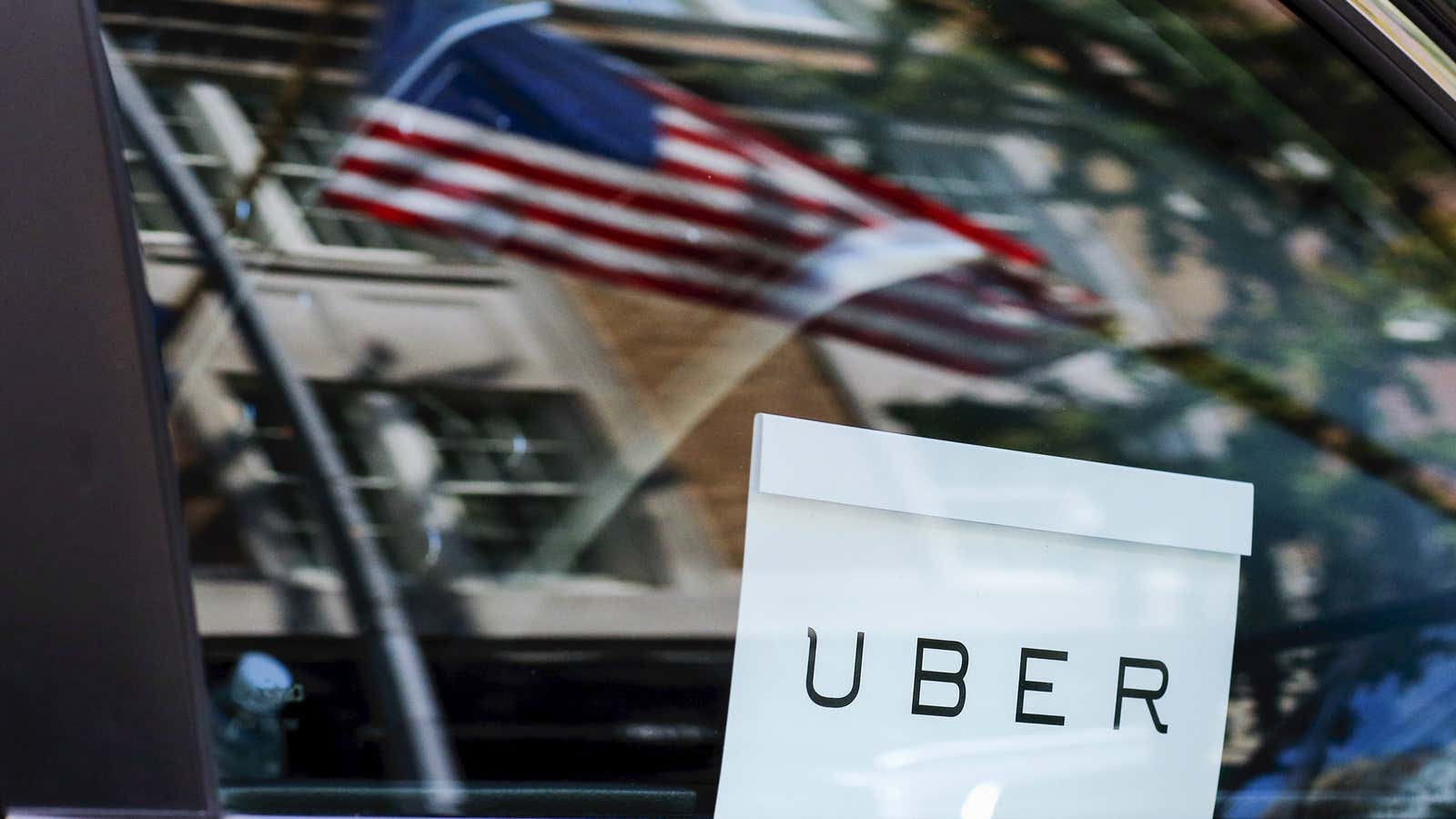Uber would like to set the record straight regarding its views on regulation.
“Contrary to popular belief, Uber actually wants to be regulated,” Jo Bertram, Uber’s regional general manager for the UK, Ireland, and the Nordics, said at a conference hosted by Fortune on Tuesday (June 14).
The problem isn’t regulation; it’s the current state of regulation.
Too many laws were “written way before the advent of smartphones or Google Maps,” Bertram says. Uber believes that policymakers should update their rules to be “technology neutral” and to “focus on achieving the right outcome, whether that’s consumer protection or safety.”
Of course, Uber has strong ideas on what the right outcome is. In the US, Uber has sponsored and vocally supported laws that sanction its background checks, insurance policies, and independent contractor model. In 2015, nearly two dozen US states passed ride-hailing legislation that followed Uber’s policy outline.
Uber has been equally vocal about condemning legislation that veers from its preferred template—such as requiring fingerprinting for drivers, or asking it to pay hefty operating fees. Uber denounces these bills as hurting competition and consumer choice. For a recent example, see Austin, Texas, which Uber departed in May after losing a referendum on ride-hailing rules it had deemed too restrictive.
“Disappointment does not begin to describe how we feel about shutting down operations in Austin,” an Uber spokeswoman said in May about the company’s voluntary departure. “We hope the City Council will reconsider their ordinance so we can work together to make the streets of Austin a safer place for everyone.”
Put another way: Uber hopes Austin reconsiders and comes around to its way of doing things.
As for Bertram’s comments, sure. Uber wants to be regulated. It just also wants to write the rules.
